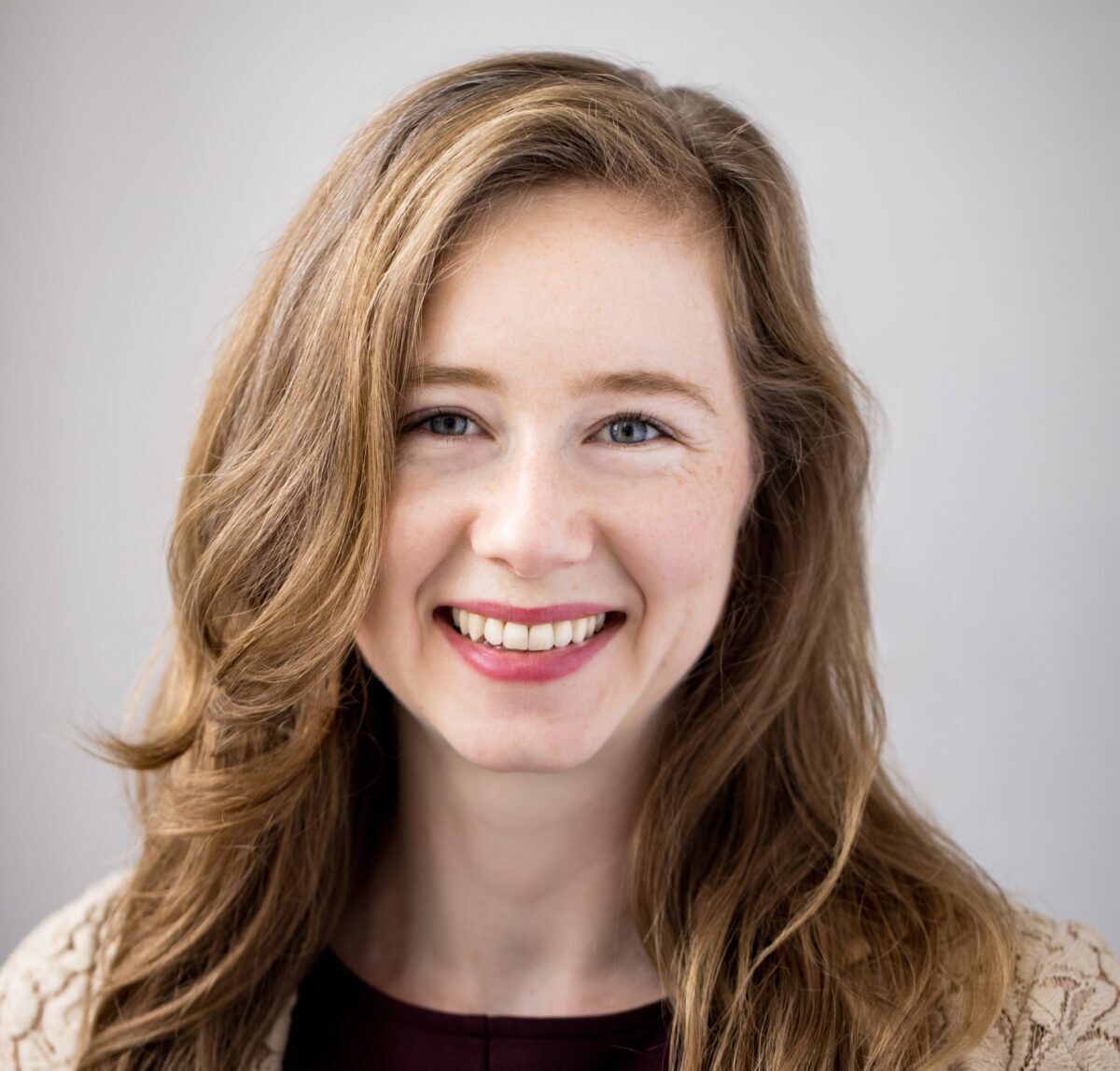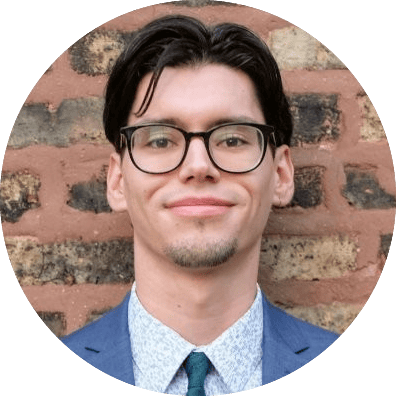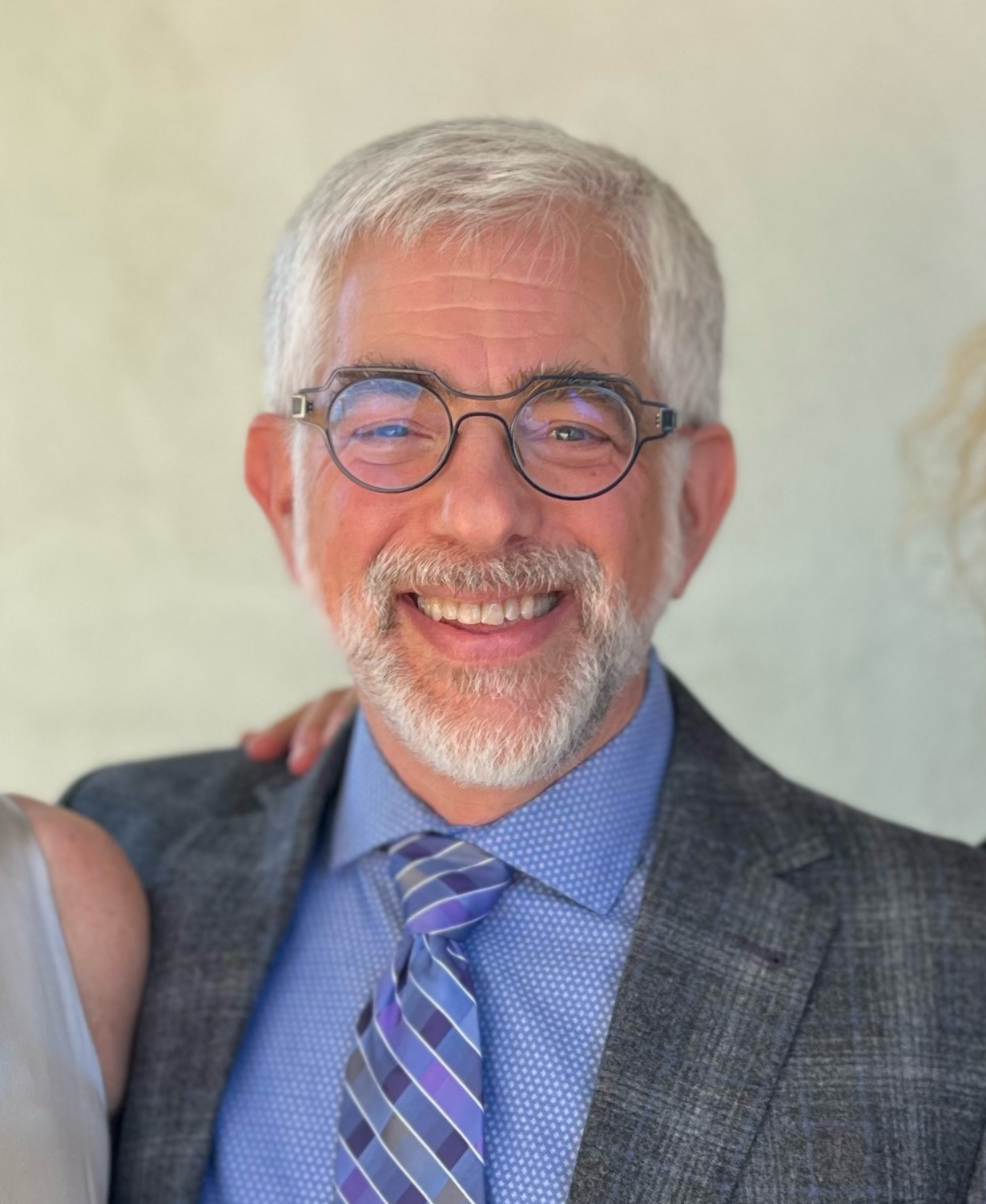Democracy + Elections
Because healthy governments deliver sound solutions.
At Sightline, we believe a sustainable Cascadia starts with a healthy democracy. Without fair elections and functional governments, progress stalls on our shared priorities, like abundant housing options and a robust clean energy future.
That’s why one of our core programs is Democracy and Elections. We’re fixing the broken systems that empower extremists, shut out voters, and limit real choice.
When democracy works, everything else can, too.
Featured priorities
✅ Ranked choice voting and unified primaries, like the system that’s working for Alaskans
📊 Proportional representation, the model that just delivered Portland, Oregon’s most representative city council ever
💵 Campaign finance reform, like Seattle’s democracy vouchers, that give regular people a say
📆 Election consolidation, like voters in Oregon and Wyoming enjoy, which boosts voter turnout more than any other reform, would save millions in taxpayer dollars in Western states, and is popular across the political spectrum
When does your city hold elections?
States that allow their cities and counties to hold local elections “on cycle”—that is, in even-numbered years alongside higher-profile state and federal elections—enjoy far higher voter turnout for electing local officials, meaning local governments can better represent their constituents’ interests and values.
Like automatic voter registration and vote by mail, election consolidation is a tool that makes it easier and more accessible for voters to participate in elections and make their voices heard.
Learn more at: When Do Cities Hold Elections? | A US dataset on election consolidation.
Get the latest
Hear directly from our Democracy and Elections experts, including behind-the-scenes context and analysis (delivered approx. monthly).
SubscribeLatest research + analysis
For Oregonians, Better Elections Are Hidden in Plain Sight
The state’s constitution lets localities opt for methods that better reflect their mix of voters.
Latest articles
For Oregonians, Better Elections Are Hidden in Plain Sight
Seattleites Keep Their Model Campaign Finance Reform Program
Seattle’s Democracy Vouchers Are Popular Across the Political Spectrum
Meet the Team

Shannon Grimes
Senior Researcher
Shannon is a Researcher with Sightline’s Democracy program, where she focuses on securing electoral reforms in Washington and Oregon.

Jay Lee
Researcher
Jay is a Researcher with Sightline Institute, primarily working on electoral upgrades across Cascadia.

Al Vanderklipp
Researcher
Al is a Researcher at Sightline Institute, with a focus on election systems in the Northern Rockies.

Todd Newman
Fellow
Todd Newman is a fellow with Sightline Institute studying municipal election timing. He is also a recently retired programmer.

Hollie Conde
Contributor
Hollie Conde is a longtime advocate for common-sense causes and strong civic engagement.
Our research in the news
Ranked-List Proportional Representation
Election Law Blog
Resources for Journalists
Our researchers can provide commentary, interviews, story ideas, background information, or serve as expert sources across our program areas. If we can’t comment on an issue ourselves, chances are we know someone who can.
The good policy decisions that lead to greater sustainability rely on a healthy democracy. But politics too frequently derail good and popular ideas that even the majority of people support.
Sightline’s nonpartisan Democracy and Elections program advances fixes for Cascadia’s electoral systems that put more leaders in office willing to fight for what most people want: homes they can afford near where they work, learn, and play; good-paying jobs that support their families; clean, efficient transportation options; and clean air and water in a healthy climate.
To this end, we envision a democracy that is more fair and inclusive, and that honestly reflects the values and needs of “we the people.” We focus on a variety of solutions, including stifling extreme partisanship through open primaries, allowing voters more freedom to express their true preferences through ranked choice voting and proportional representation, and expanding and protecting voting access for all.
Learn more about our Democracy + Elections research projects below.
Open primaries and ranked choice voting in Alaska
Learn more about Alaska’s open pick-one primaries and ranked choice voting election system
Multi-member districts and ranked choice voting in Portland, Oregon
Portlanders are changing their elections and how city hall works for them
$30 million
How much ID, MT, and WA could save by moving local elections to even years
52%
How many Alaska voters opted to choose a mix of candidates from different parties, under open primaries in 2022
1.2 million
How many more Washingtonians voted in 2022’s legislative elections vs. 2021’s local elections
Latest research + analysis
For Oregonians, Better Elections Are Hidden in Plain Sight
The state’s constitution lets localities opt for methods that better reflect their mix of voters.